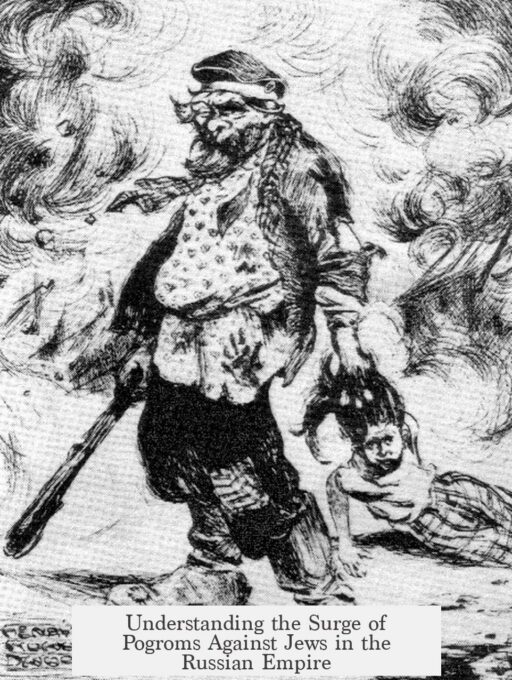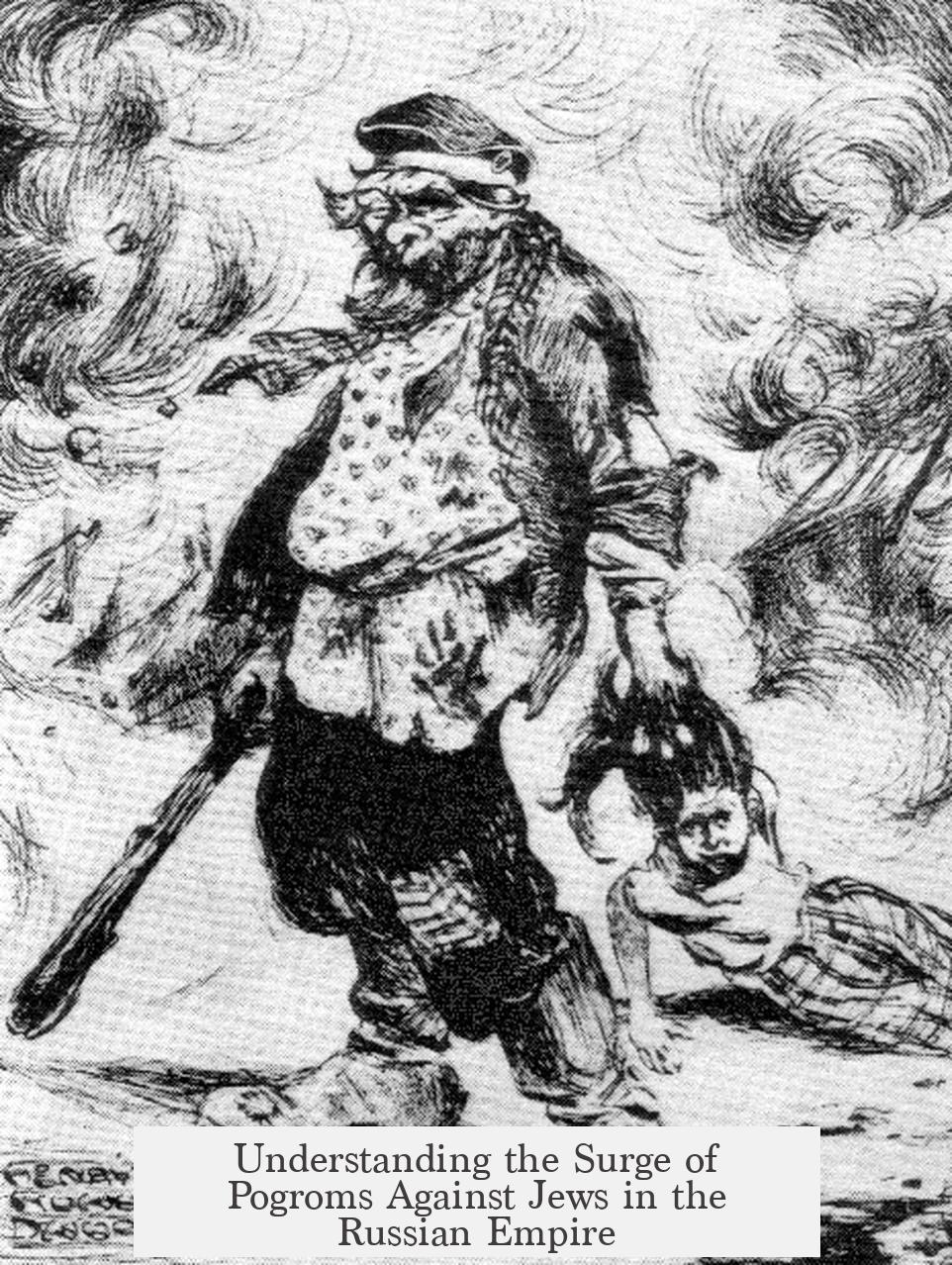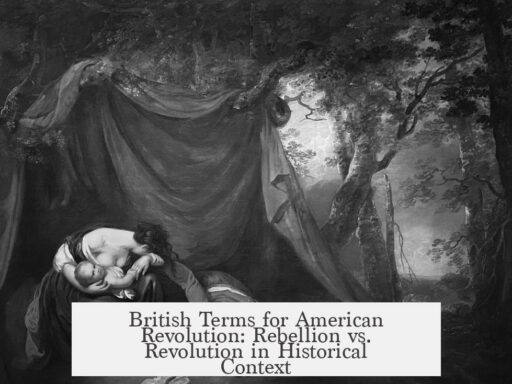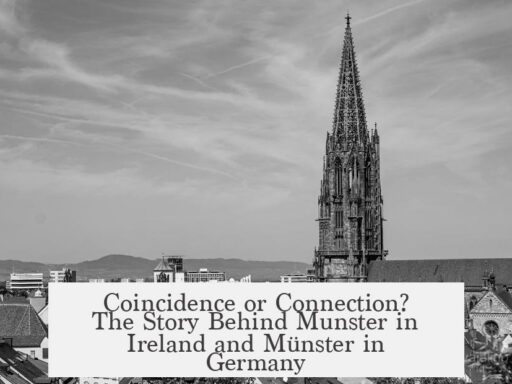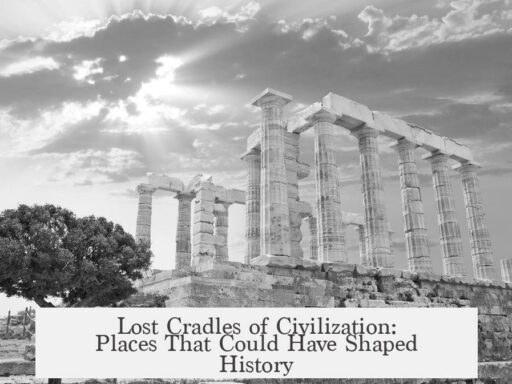There were so many pogroms against Jews in the Russian Empire due to a complex mix of historical, social, political, and economic factors rooted in longstanding antisemitism and governmental policies that scapegoated Jews for societal problems.
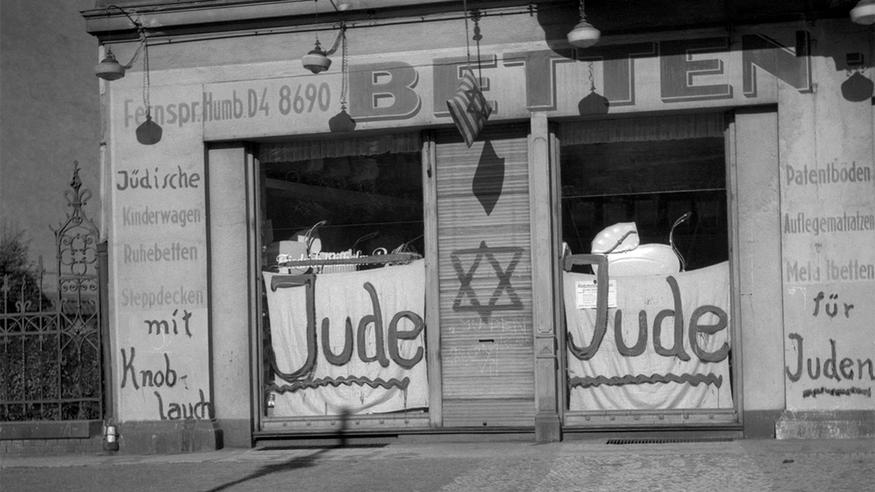
Anti-Jewish hatred in the Russian Empire was not based on Jewish actions or behavior but stemmed from deep-rooted prejudice. This hatred served as a form of scapegoating, where Jews, as a distinct and visible minority, were blamed for broader societal issues. Such scapegoating during times of crisis made Jews easy targets for discrimination and violence.
Historically, Russia’s Jewish population grew significantly after territorial expansions, especially with the takeover of Polish lands in the late 18th century. Suddenly, about 900,000 Jews came under Russian rule. Prior to this, Russia had expelled Jews several times in the 18th century unless they converted to Christianity. After absorbing such large numbers of Jews, conversion was no longer seen as a practical solution. Instead, the government implemented restrictive policies like confining Jews to the Pale of Settlement, limiting their educational opportunities, and enforcing legal and social segregation.
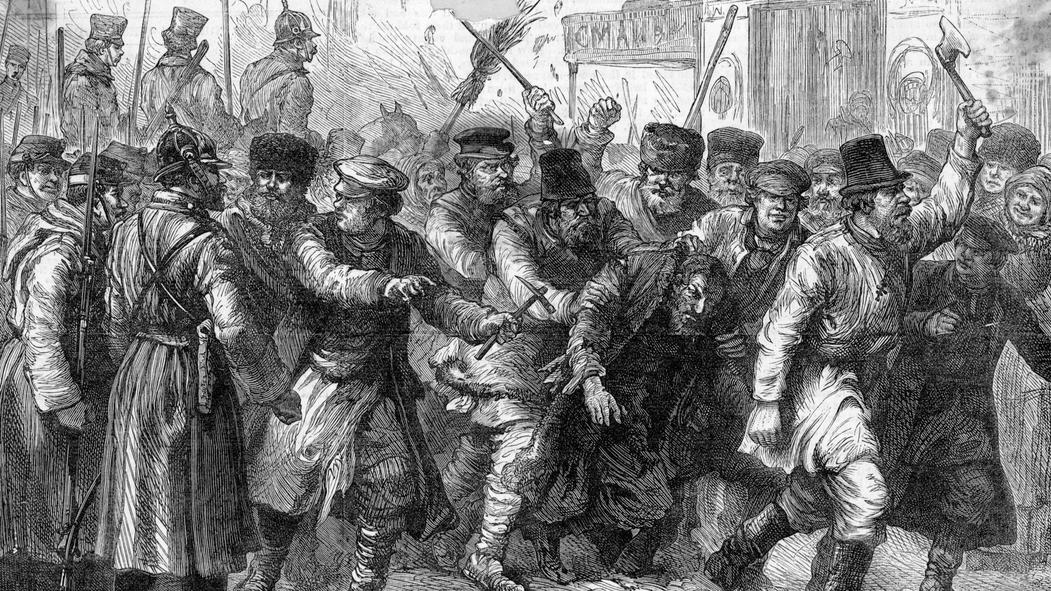
Within Russian society, Jews formed a small but distinct minority—approximately 5.2 million in a population of 126 million by 1897. The Tsarist regime increasingly viewed Jews with suspicion and hostility, blaming them for economic and social problems. This view was influenced by the conservative Russian Orthodox Church, which promoted negative attitudes toward Jews. The government even created and circulated antisemitic propaganda, most infamously the “Protocols of the Elders of Zion.” This fabricated document falsely accused Jews of plotting global domination, stirring further resentment.
The state’s attitude toward Jews was not purely passive. During outbreaks of pogroms, the government often delayed responding or actively participated in violent actions against Jewish communities. Authorities sometimes allowed pogroms to continue unchecked for days. Some officials considered Jewish eradication or dispersal a solution, famously reflected in the policy attributed to Tsarist minister Konstantin Pobedonostsev: “One third will die out, one third will leave the country and one third will be completely dissolved in the surrounding population.”
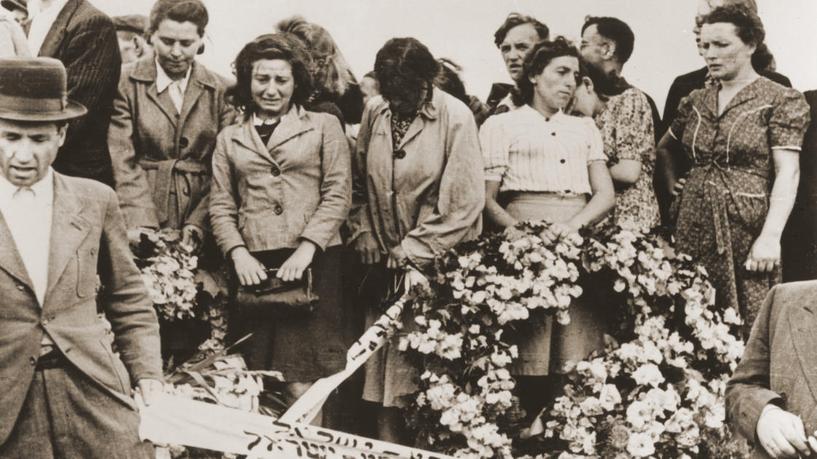
Economics also played a role. Research has linked spikes in pogroms to times of political unrest and agricultural failures. Jews were often associated with economic roles related to land or credit, making them targets during economic hardships. The perception that Jews held disproportionate economic or court influence, despite the majority being ordinary people, fueled jealousy and hostility. For example, Jews sometimes acted as tax collectors or moneylenders for the government, roles that caused resentment among peasants and landowners.
Religious fervor compounded these issues. The Orthodox Church’s influence, combined with societal myths about Jewish power and conspiracies, intensified hostility. Jews were viewed both as outsiders and as embodiments of evil, further justifying violence against them in the eyes of many.
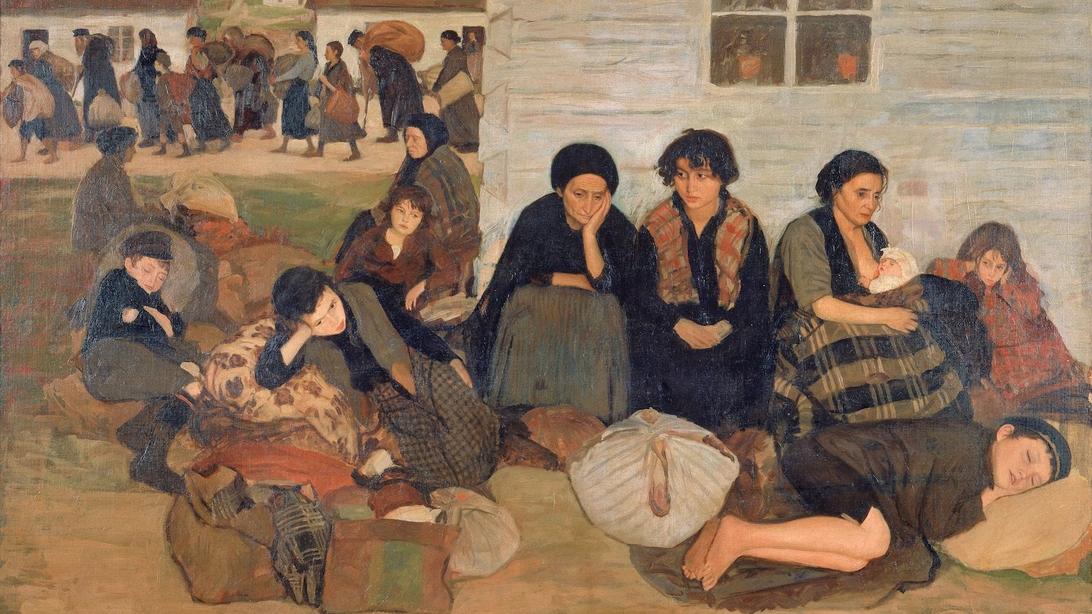
The late 19th and early 20th centuries, a period marked by the Russian Empire’s political instability and decline, saw particularly brutal waves of pogroms. Imperial collapse created social chaos, political desperation, and widespread searching for scapegoats. Jews, already marginalized, became the primary victims during this turbulent time.
- Jews were targeted due to entrenched antisemitism and scapegoating.
- Restrictions confined Jews to specific areas, limiting their rights and opportunities.
- The government endorsed or tolerated antisemitic violence and propaganda.
- Economic hardships and social crises heightened Jewish vulnerability.
- Religious hatred and false beliefs about Jewish power aggravated tensions.
- The collapse of the Russian Empire intensified violence against Jews.
Why Were There So Many Pogroms Against Jews in the Russian Empire?
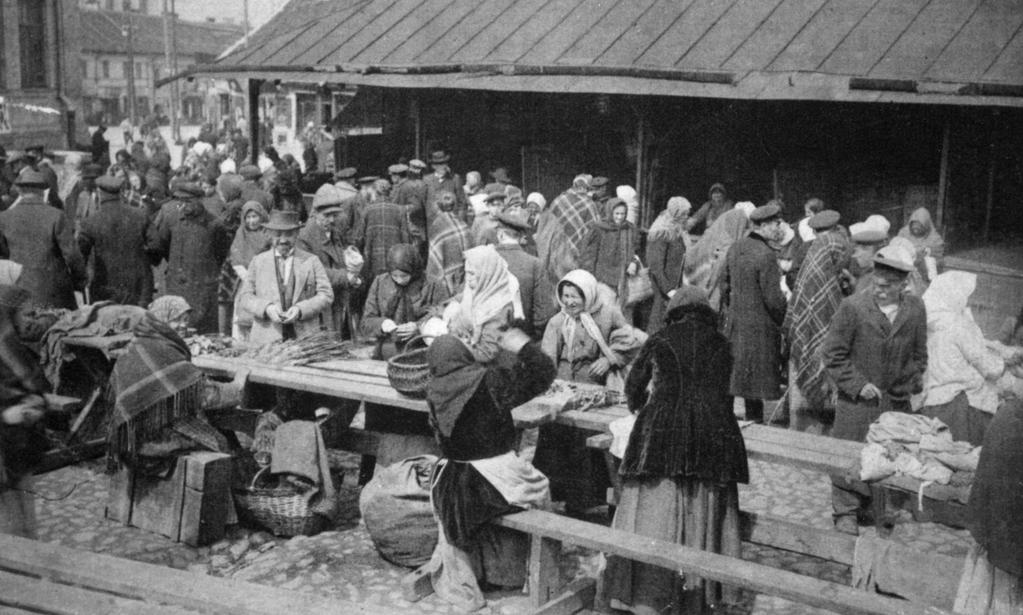
The simple, yet chilling answer to why the Russian Empire saw so many pogroms against Jews is that Jews were the easiest minority to target. Not because they did something wrong, but because deep-seated prejudice, fear, and political motives converged to make them scapegoats. The violence and hatred had nothing to do with Jewish actions, beliefs, or personalities. It’s a stark reminder that prejudice thrives without reason, and the blame always lies with the persecutors, never the victims.
But let’s peel back the layers and see why the Russian Empire, in particular, became the tragic stage for these brutal attacks.
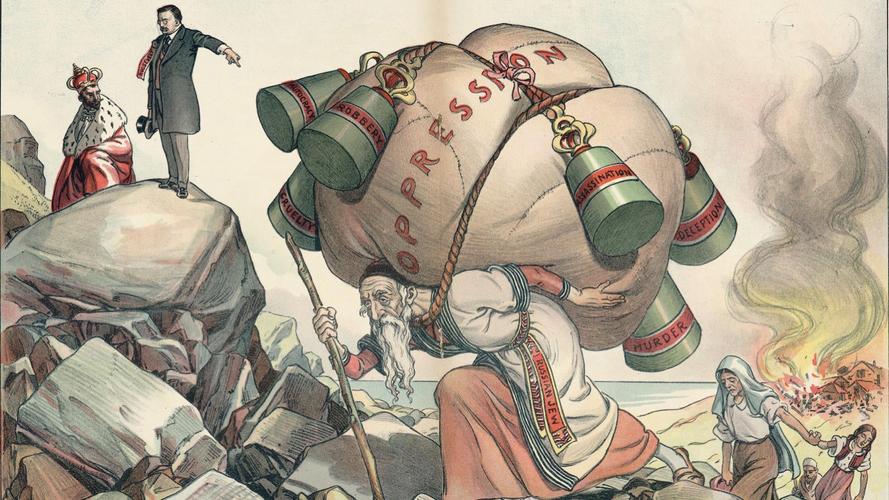
The Historical Context: How Did Jews Come to Live in Russia?
At first, Russia wasn’t exactly rolling out the welcome mat for Jewish people. In fact, early on, the empire expelled Jews unless they converted. Between 1742 and 1753, about 35,000 Jews were forced out. But then came a twist of fate—Russia’s partition of Poland in the late 18th century dumped nearly 900,000 Jews under Russian rule overnight. That was a population shift so large, conversion or expulsion wasn’t even a practical option anymore.
So Russia faced a dilemma: an enormous Jewish population they neither wanted nor knew how to integrate.
Living in the Pale of Settlement: Segregation by Law
To keep Jewish communities contained, Russia confined them largely to the Pale of Settlement—a designated region roughly marking parts of modern-day Poland, Lithuania, Belarus, and Ukraine. Think of it as a giant “keep out” sign socially and geographically.
Jews were systematically barred from universities, many professions, and full participation in society. They couldn’t own land freely or move where they pleased. This forced segregation isolated Jews and painted them as “other,” setting the stage for suspicion and hostility from their neighbors.
Why Were Jews Targeted? The Scapegoat Phenomenon
Historical patterns show that persecutors don’t target minorities because of tangible faults but because minorities are visible and vulnerable. Jews became the “go-to” scapegoats, especially when society hit rough patches like economic crises, political unrest, or agricultural failures.
Picture this: Russia’s vast empire is struggling. Crops fail, wars strain finances, and the empire’s leadership feels weak. Who gets blamed? Jews. Despite being only 5.2 million out of a population of 126 million in 1897, Jews were an easy, identifiable minority to pin the problems on. Anti-Jewish blame shifted easily among the ruling elite, peasants, and the powerful Russian Orthodox Church—none fans of Jewish people, to put it mildly.
The Dark Role of the Russian Government
One might hope an authoritarian government would protect all its citizens. Russia did not. Indeed, the government either ignored pogroms or let them go on for days. Sometimes, officials and soldiers actively participated in the violence, including murder and rape.
Adding fuel to the fire was the infamous Protocols of the Elders of Zion, fabricated by the Russian secret police to spread a vile conspiracy that Jews secretly controlled the world. This fraudulent document promoted myths that fueled hatred and violent outbreaks.
One chilling government stance came from Tsarist minister Konstantin Petrovich Pobedonostsev, who reportedly saw the Jewish population shrinking by three means: one third dying, one third emigrating, and one third assimilating. Talk about a brutal “solution.”
Economic and Social Dynamics: When Jews Held Certain Roles
Many pogroms coincided with times of political shocks or agricultural failures. Jews often held niche economic roles related to land credit or tax collecting—positions chosen by rulers to use Jews as intermediaries. This made them seen as extensions of unpopular governmental power.
But let’s be clear: The “Jewish power” narrative was mostly a myth. Most Jews were ordinary people, not rulers or manipulators; however, the perception stuck and intensified resentment. When anger boiled over against oppressive rulers or crises, Jews bore the brunt—as handy targets of collective frustration.
The Collapse of the Russian Empire and the Rise of Pogroms
When empires wobble, chaos breeds fear. During the late 19th and early 20th centuries, the Russian Empire was falling apart. Uncertainty surged through society like a tidal wave. Everyone needed someone to blame to explain their hardships—especially during revolutions and wars.
Who ended up blamed? You guessed it: Jews. The increasingly deadly waves of pogroms coincided with this collapse. The violence was a tragic outburst of societal anxiety and official complicity, leaving scars that impacted Jewish communities for decades.
A Broader Lesson: The Irrational Nature of Prejudice
Looking at all these factors, it’s clear: the pogroms had nothing to do with Jews themselves. They happened because of irrational hatred, political convenience, religious zealotry, and economic scapegoating.
“Anti-Jewish hatred and persecution has absolutely nothing to do with things Jewish men and women did, said or thought.”
It’s a cautionary tale. When society looks for easy answers during crises, the most visible minority often suffers. Prejudices like antisemitism do not arise from the victims but from deep societal fears and historic hatred.
What Can We Learn and Do Today?
Understanding this history helps us recognize the dangerous patterns of scapegoating minorities whenever crises hit. These lessons push us to challenge prejudice, promote inclusivity, and hold governments accountable to protect all citizens.
If one takeaway stands out, it’s this: never blame a whole group based on fear or stereotypes. History shows just how deadly and unjust that can be.
In Summary:
- Jews were forcibly brought into the Russian Empire after the partition of Poland.
- They were segregated by law, limited in rights, and socially isolated.
- The government and powerful groups promoted anti-Jewish conspiracy theories.
- Economic roles assigned to Jews fueled misconceptions about “control” and power.
- Pogroms peaked during political upheavals and the empire’s collapse, with tacit government approval.
- Prejudice was inherently irrational and used to justify violence and discrimination.
So next time someone wonders why these pogroms occurred, you can confidently say: it wasn’t about the Jews; it was about fear, power, and scapegoating in a turbulent empire.
